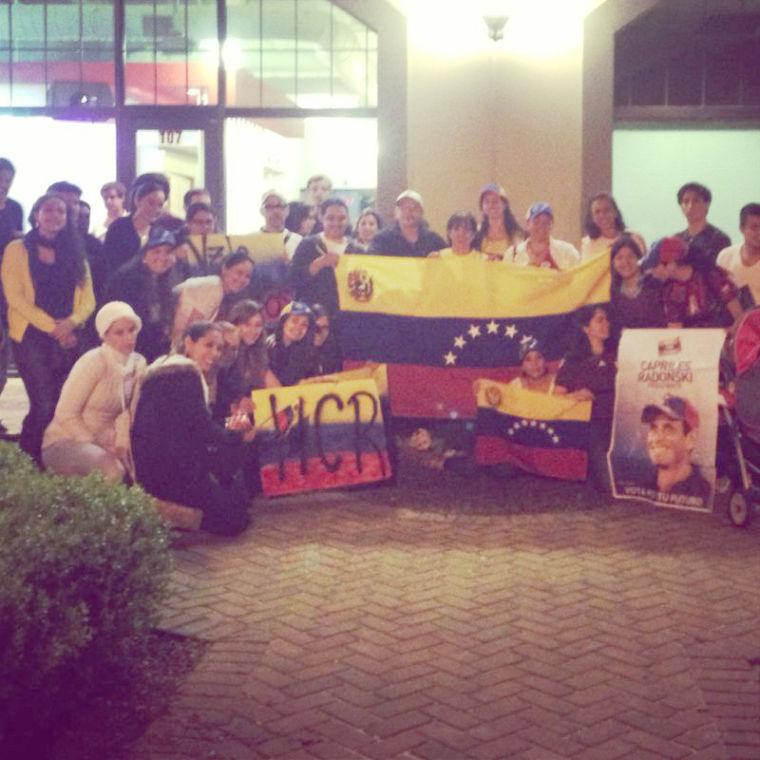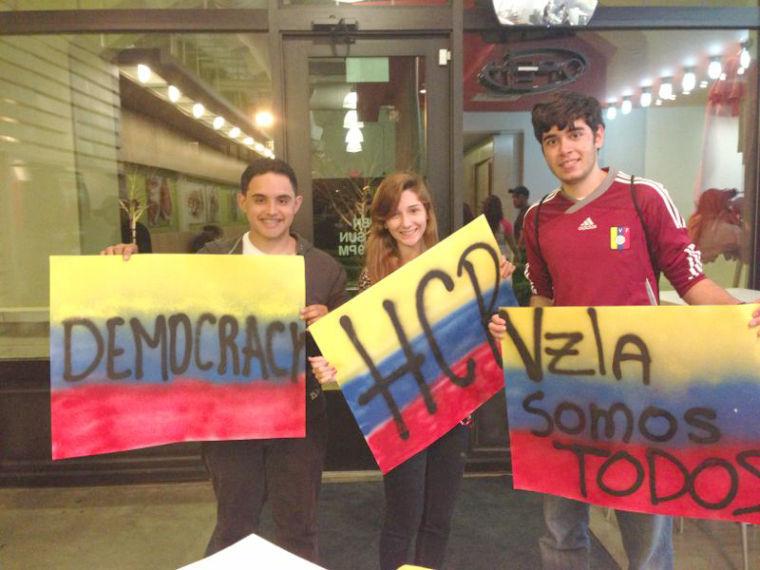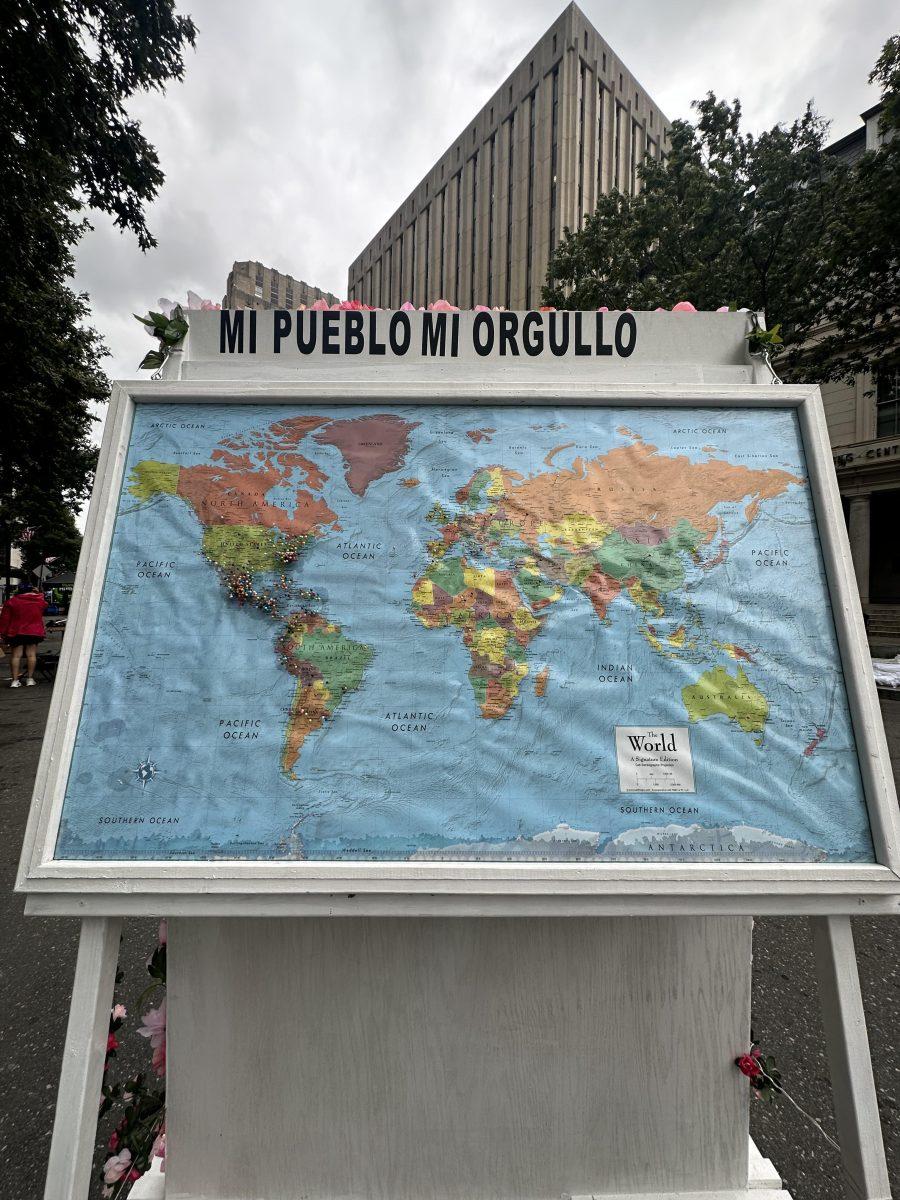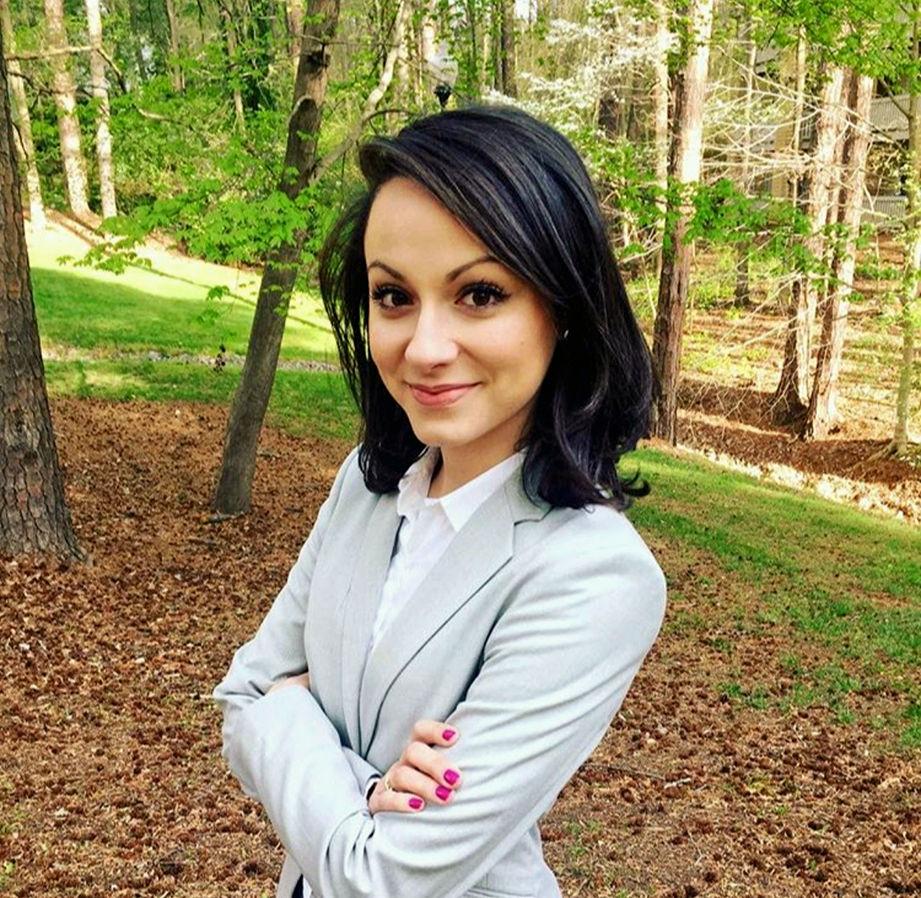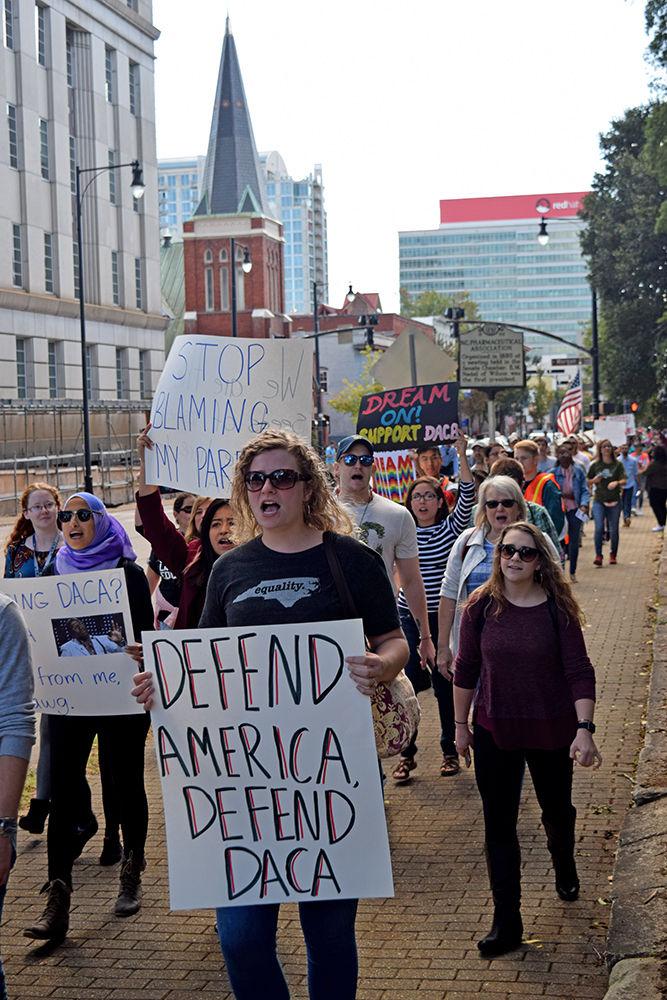Venezuela just started the postchavism era with the disputed win of Nicolás Maduro, the same that Hugo Chávez, who was in power for 14 years, chose as his heir before his death. After the first announce of the results, Maduro had beaten Henrique Capriles by 1.59 points.
The National Center of Elections (CNE in Spanish), said it was going to give the results three hours after the voting process ended, but instead announced the news two hours later, at 11:35 p.m. This created tension between Venezuelans and uncertainty about the results, and prompted suspicions about irregularities.
The doubts grew greater after the results were announced, and with 99.12 percent of the votes counted, Maduro had won with 7,505,338 votes (50.66 percent), against the 7,270,403 (49.07 percent) given to the candidate of the opposition’s union, Henrique Capriles. The participation was about 78.71 percent.
The representatives from the CNE qualified the day as peaceful. Six months ago, Chavez himself defeated Capriles.
The candidate from the opposition didn’t recognize the results, and he asked to count the votes again.
“We are not going to recognize a result until all the votes from the Venezuelans are counted,” Capriles said in a public declaration hearing news of his defeat.
The chief of the CNE, Vicente Díaz, allied to the opposition, asked for the audit of 100 percent of the votes, due to the slim margin between victory and defeat.
“I want to say to the nation that I don’t agree with lies or corruption, my pact is with God and the Venezuelans. I say this because Maduro said there was intent of a pact between us. I don’t make pacts with those I consider illegitimate,” Capriles said.
Capriles also asked people to go to the streets and protest facing the CNE if it didn’t announce a r100 percent recount of the vote.
And as soon as he said that, Venezuelans across the world went to the streets. Even here in Raleigh, Venezuelans got together, and gathered almost a hundred people next to Guasaca (Venezuelan restaurant.)
Students from N.C. State where one of the first that contacted people so they could participate in this act. Michelle Miloslavich, a sophomore in economics, was the one who started the congregation to express her discontent of the electoral process that took place on Sunday.
With the help of Miguel Migliore, sophomore in Nuclear Engineering, Miloslavich was able to call people to participate, and not only Venezuelans, but also Latinos and people who stand against Chavismo.
To defend his point of view, Capriles assured that he is not looking forward a war, but to defend people’s choice pacifically.
“We said to the government that we have a distinct result to the one indicated, and in the name of democracy we want to audit and count the votes again because we are talking about such a small difference,” said Capriles.
Maduro, on the other hand, said Tuesday afternoon that Chavistas would have to be more radical against the opposition. Just after Maduro said that, Capriles asked people to go home and abandon plans to go to the CNE in Caracas on Wednesday to avoid violence.
“We want to say to Maduro that today he is the biggest, and what he represents are the biggest losers.”
The Organization of American States, the European Union and United States said they would support to count the votes again, and they even offered to help. But the CNE denies the necessity of doing this, and Maduro’s government, even though it said on Sunday it would agree to count again, now refuses to the recount.
Estudiantes de N.C. State que organizaron la protesta.


